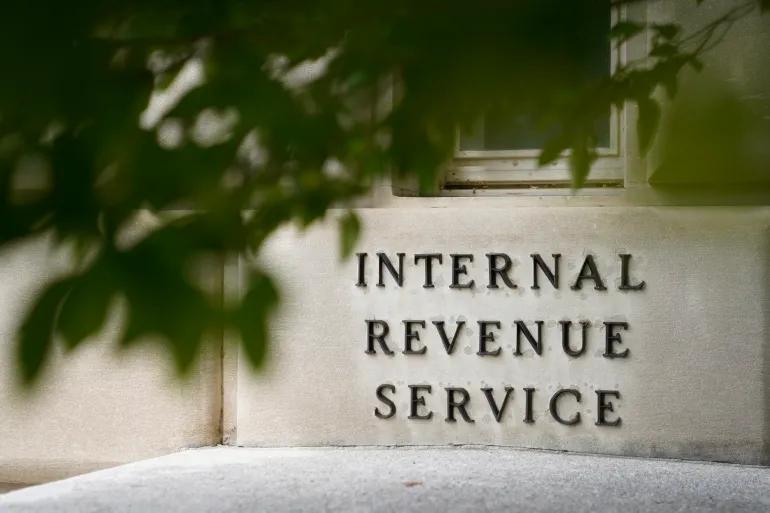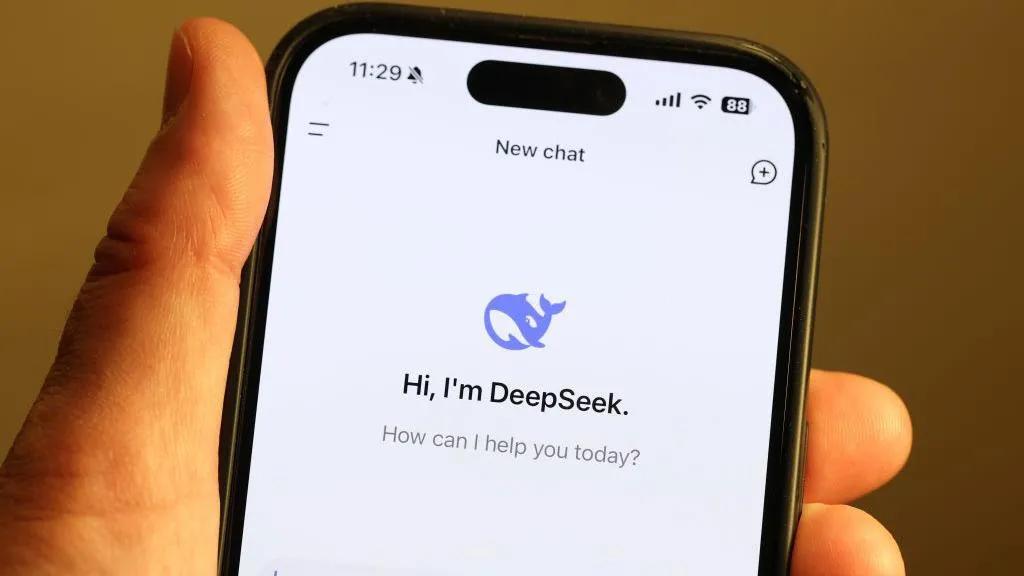|
|
"Google has given itself [...] permission to use a form of tracking that people can't do much to stop."
— Mozilla engineer Martin Thomson
|
|
Welcome to Snippets 👋 We're over halfway through February and, as always, privacy has had a wild few weeks. Here's what's happening:
- The Department of Government Efficiency (DOGE) is seeking unfettered access to Americans' tax records
- The Brookings think tank explores the impacts of President Trump's dismantling of key oversight boards
- Google plans to allow digital fingerprinting to enhance ad tracking
- And so much more!
|
|
|
|
|
Musk’s DOGE seeks access to Americans’ tax records
|
 |
|
Patrick Semansky/AP
|
The Department of Government Efficiency (DOGE), unofficially led by Elon Musk, is demanding access to the Internal Revenue Service’s (IRS) Integrated Data Retrieval System (IDRS), sparking privacy concerns.
|
- The IDRS holds troves of taxpayer information, including Social Security numbers, personal addresses, and investment records.
- According to a White House spokesperson, IDRS access would enable DOGE to limit fraud and increase transparency around government spending.
- Critics argue the move poses significant privacy risks—noting the data could be used to target political opponents, as Musk appeared to suggest in a recent X post about him investigating Democratic Senator Adam Schiff's finances.
- In a joint letter to the IRS, Democrats Ron Wyden and Elizabeth Warren called for full disclosure to the Finance Committee about the potential access being granted.
- Several tax rights unions have accused DOGE of overreach and there are at least 11 lawsuits accusing the group of violating the Privacy Act of 1974.
|
|
|
|
|
|
|
Understand the latest US state privacy laws in seconds ✅
|
|
Nineteen US states have enacted comprehensive data privacy laws, imposing new obligations on companies that collect, process, or store consumer data, while also granting new data rights to state residents.
Stay up-to-date with the latest using the Transcend US State Privacy Law Tracker—a skimmable, searchable spreadsheet that breaks down the key differences across all 19 state privacy laws.
|
|
|
|
|
|
|
|
The impacts of Trump’s dismantling of PCLOB and CSRB
|
 |
|
Jakub Porzycki/NurPhoto
|
President Trump’s decision to disband the Cyber Safety Review Board (CSRB) and remove all Democratic members from the Privacy and Civil Liberties Oversight Board (PCLOB) has sparked broad concerns about privacy and cybersecurity.
|
- As an independent privacy watchdog, PCLOB exposed mass data collection and surveillance under the PATRIOT Act and raised alarms over warrantless searches under FISA Section 702.
- With Section 702 set to expire in April next year, the board is unable to investigate potential abuses or recommend reforms, unless two new members are appointed to restore quorum.
- Disbanding the CSRB has upset major investigations, including one into the Salt Typhoon hack, which compromised U.S. telecommunications and may have exposed government surveillance targets to China.
- The firings reflect a broader pattern of sweeping personnel changes, including the dismissal of 18 inspectors general without the required 30-day notice to Congress—a move that has drawn sharp objection from Senators in both parties.
|
|
|
|
|
|
|
|
Privacy advocates slam Google’s new fingerprinting rules
|
 |
|
Getty Images
|
Google’s move to allow fingerprinting, a technique that uses device, browser, and IP address data to construct user profiles, has drawn criticism from privacy advocates who are accusing the company of a “blatant disregard for user privacy.”
|
- The changes reflect a U-turn in the company’s stance on this type of tracking. In 2019, Google called fingerprinting a wrongful practice that subverts user choice.
- Justifying the reversal, Google representatives claim that smart devices and legal requirements like cookie consent have made accurate ad targeting increasingly difficult.
- Though Google highlighted the availability of other privacy-enhancing technologies, opponents note that fingerprinting gives users few options to control data collection—arguing the move prioritizes profits over privacy.
|
|
|
|
|
|
|
|
- Trump fires multiple members of OPM’s privacy team.
- Analyzing RedNote’s data privacy protections.
- How to blur your home on Google Maps.
- Texas initiates investigation into DeepSeek.
- Microsoft isn’t automatically keeping users signed in, yet.
|
|
|
|
|
|
US lawmakers respond to UK demand for encrypted Apple data
|
 |
|
Getty Images
|
The UK’s demand to access Apple users’ encrypted data has drawn strong condemnation from Senator Ron Wyden and Congressman Andy Biggs—both of whom called the request “dangerous” while seeking intervention from national intelligence director Tulsi Gabbard.
|
- Last week, the UK Home Office issued an order demanding access to all data stored under Apple’s Advanced Data Protection security feature.
- If Apple were to acquiesce, there would be global implications as the company’s standard encryption model is used worldwide.
- Wyden and Biggs claim the demand threatens US security by exposing sensitive government data—likening the demand to a “foreign cyberattack waged through political means.”
- Apple threatened to pull encryption services from the UK rather than weaken security, but the UK could still try to enforce compliance via the Investigatory Powers Act, which claims global jurisdiction over tech firms operating in its market.
|
|
|
|
|
|
|
|
DeepSeek banned in South Korea
|
 |
|
Getty Images
|
South Korea has banned new downloads of the DeepSeek AI chatbot due to concerns about the platform’s data handling practices, particularly around data storage on Chinese servers and collection of personal information like emails and birthdates.
|
- DeepSeek gained rapid popularity in South Korea, amassing over one million weekly users, but its swift rise has sparked international concerns about privacy and national security.
- Countries including Taiwan, Australia, and Italy have imposed restrictions, with Australia citing national security risks and Italy questioning its privacy practices.
- The app will be reinstated for South Korean users once it addresses privacy issues and meets the country's data protection standards.
|
|
|
|
|
|
|
💡 Consent and preference management driving digital transformation in 2025
|
|
By collecting clean, consented consumer data that accurately reflects user preferences and intent, enterprises can gain valuable insights to build engaged audiences, refine segmentation, personalize content, and drive innovation across AI and other technologies.
No longer just a compliance checkbox, modern consent and preference management is now an essential driver of enterprise digital transformation. Find out how below.
|
|
|
|
|
|
|
|
|
Snippets is delivered to your inbox every Thursday morning by Transcend. We're the platform that helps companies put privacy on autopilot by making it easy to encode privacy across an entire tech stack. Learn more.
|
|
|
|
You received this email because you subscribed to Snippets. Did someone forward this email to you? Head over to Transcend to get your very own free subscription! Curated in San Francisco by Transcend.
|
|